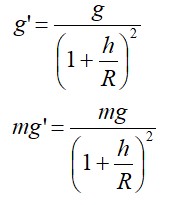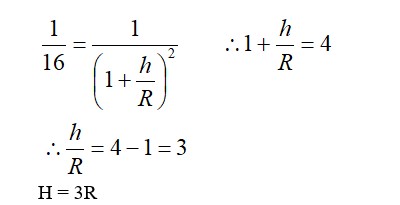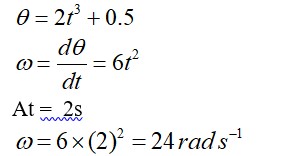In our solar system, the inter-planetary region has chunks of matter (much smaller in size compared to planets) called asteroids. They
(a) Will not move around the sun since they have very small masses compared to sun.
(b) Will move in an irregular way because of their small masses and will drift away into outer space.
(c) Will move around the sun in closed orbits but not obey Kepler's laws.
(d) Will move in orbits like planets and obey Kepler's laws.
In our solar system, the inter-planetary region has chunks of matter (much smaller in size compared to planets) called asteroids. They
(a) Will not move around the sun since they have very small masses compared to sun.
(b) Will move in an irregular way because of their small masses and will drift away into outer space.
(c) Will move around the sun in closed orbits but not obey Kepler's laws.
(d) Will move in orbits like planets and obey Kepler's laws.
This is a Multiple Choice Questions as classified in NCERT Exemplar
Answer-d
Explanation- asteroids are also being acted upon by central gravitational forces, hence they are moving in circular orbits like planets and obey Kepler's law.
Similar Questions for you
->R3 = (R + x)2 (R – x)
->R3 = (R2– x2) (R + x)
->x2 + Rx – R2 = 0
R is not correct.
Taking an Exam? Selecting a College?
Get authentic answers from experts, students and alumni that you won't find anywhere else.
On Shiksha, get access to
Learn more about...

Physics NCERT Exemplar Solutions Class 11th Chapter Eight 2025
View Exam DetailsMost viewed information
SummaryDidn't find the answer you were looking for?
Search from Shiksha's 1 lakh+ Topics
Ask Current Students, Alumni & our Experts
Have a question related to your career & education?
See what others like you are asking & answering




